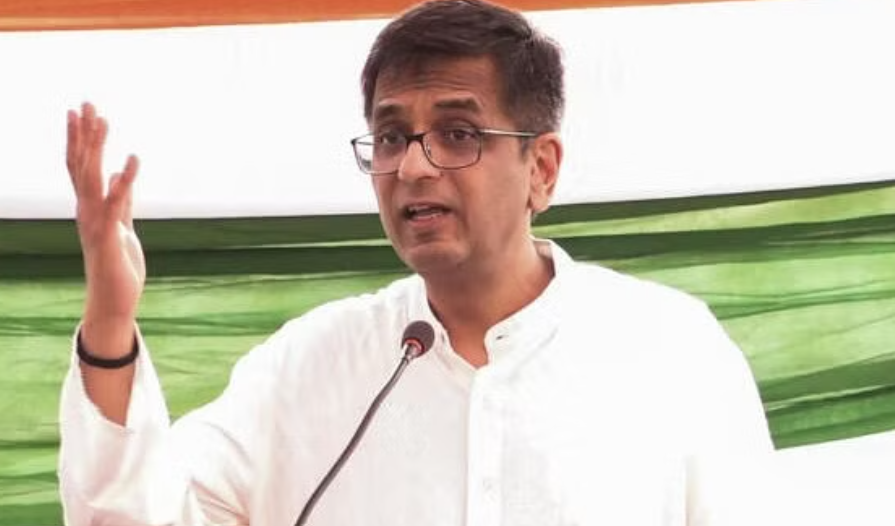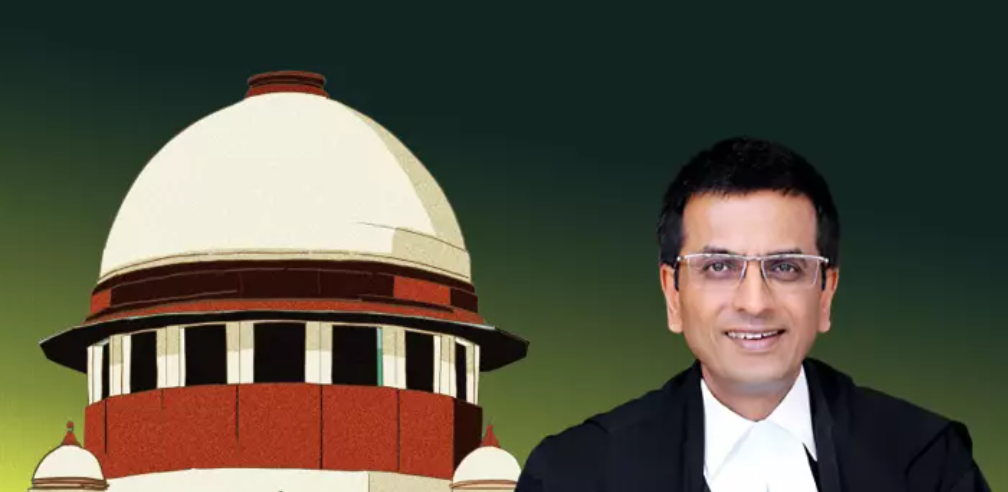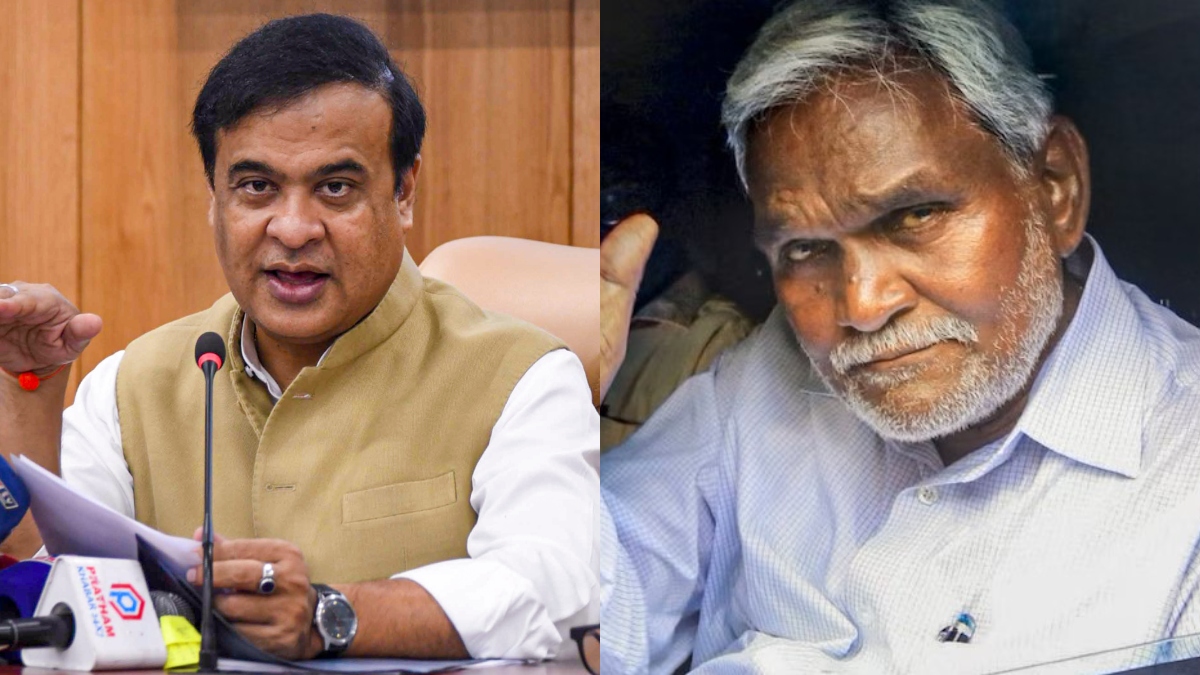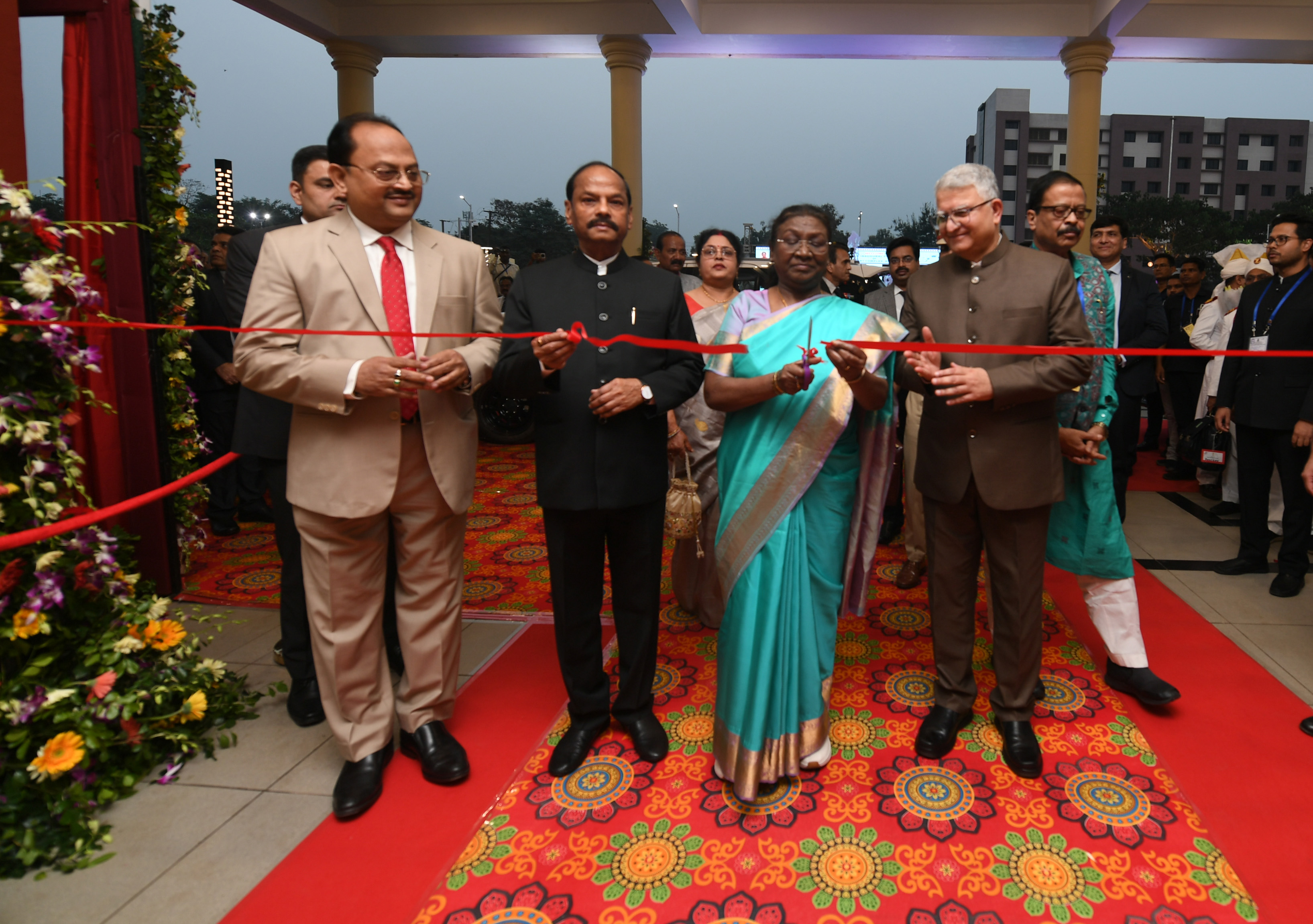The Supreme Court of India on Wednesday emphasized that no part of the country can be referred to as Pakistan, as it contradicts the territorial integrity of the nation. The court also cautioned against casual remarks by judges, lawyers, and litigants, especially in the era of live-streamed court proceedings, which reach a broader audience.
A five-judge Constitution bench, led by Chief Justice D.Y. Chandrachud, concluded the suo motu proceedings against Karnataka High Court Judge V Srishananda. The proceedings were initiated after the judge described a part of Bengaluru as Pakistan during a hearing, and made inappropriate comments towards a woman lawyer in a separate matter. Justice Srishananda issued a public apology, stating his remarks were unintentional and not meant to offend any community.

The bench accepted the judge’s apology, stating it was in the interest of justice and the dignity of the institution to not pursue the matter further. However, they stressed that judges must remain mindful of their comments, as they may indicate bias, particularly when directed at specific genders or communities. The court also addressed the broader concern of live-streamed proceedings, highlighting the responsibility that comes with such transparency.
Chief Justice Chandrachud reiterated that stopping live-streaming is not the solution, saying that social media can’t be controlled… the answer to sunlight is more sunlight. The court emphasized that judicial conduct must reflect the integrity of the institution, especially given the prevalence of live-streamed proceedings across most high courts.
The case arose after Justice Srishananda referred to a Muslim-majority area in Bengaluru as Pakistan and made gender-insensitive comments. His remarks were widely shared on social media, prompting the suo motu action. The Supreme Court took into account the Karnataka High Court’s report, which detailed the incidents and live-streaming protocols.
Attorney General R. Venkatramani and Solicitor General Tushar Mehta urged the court not to extend the matter, as the judge had already issued an apology. The bench concluded that the issue serves as an important reminder to all involved in the judicial process about the power and reach of their words, particularly in the digital age.




